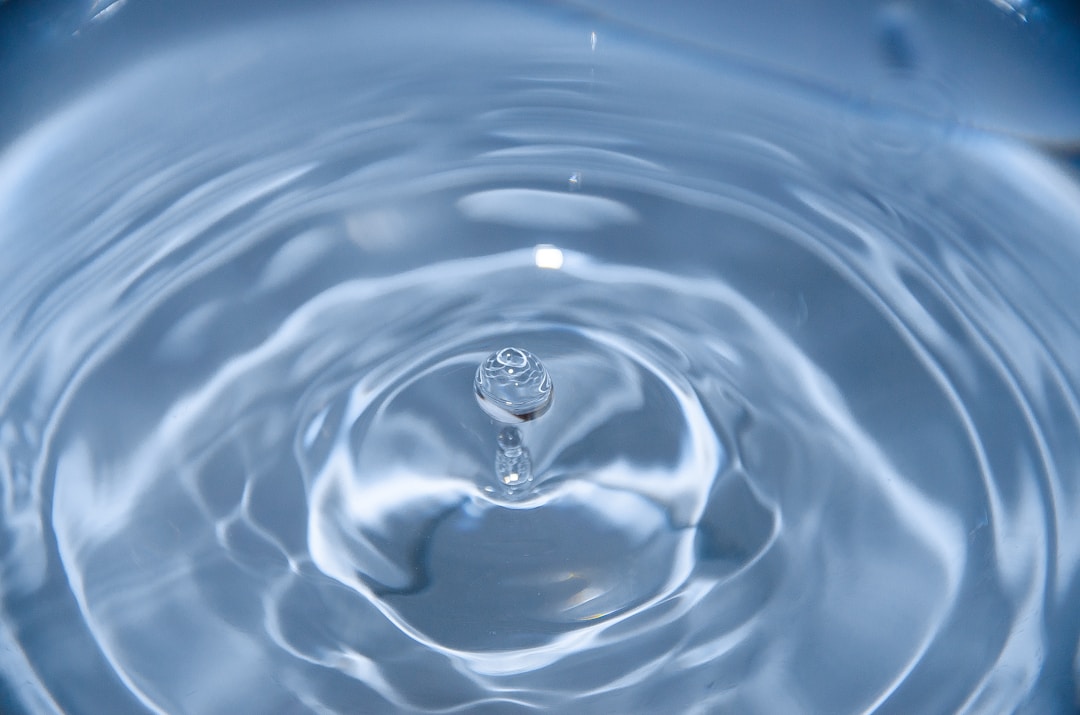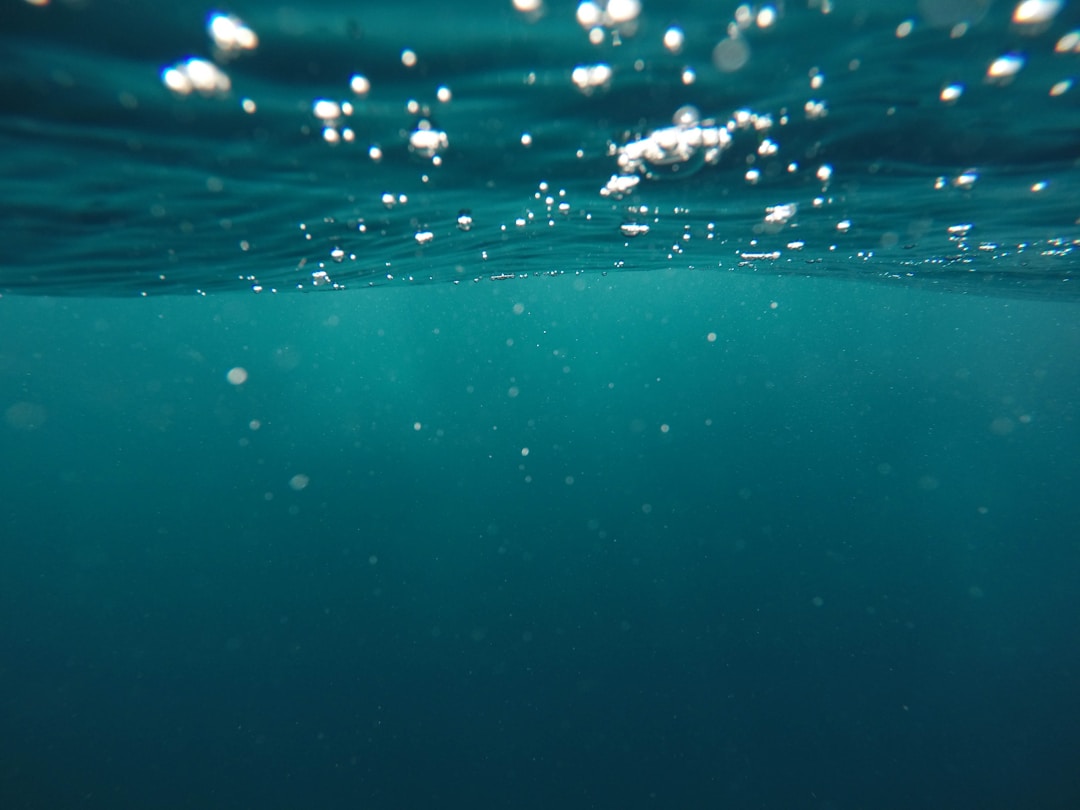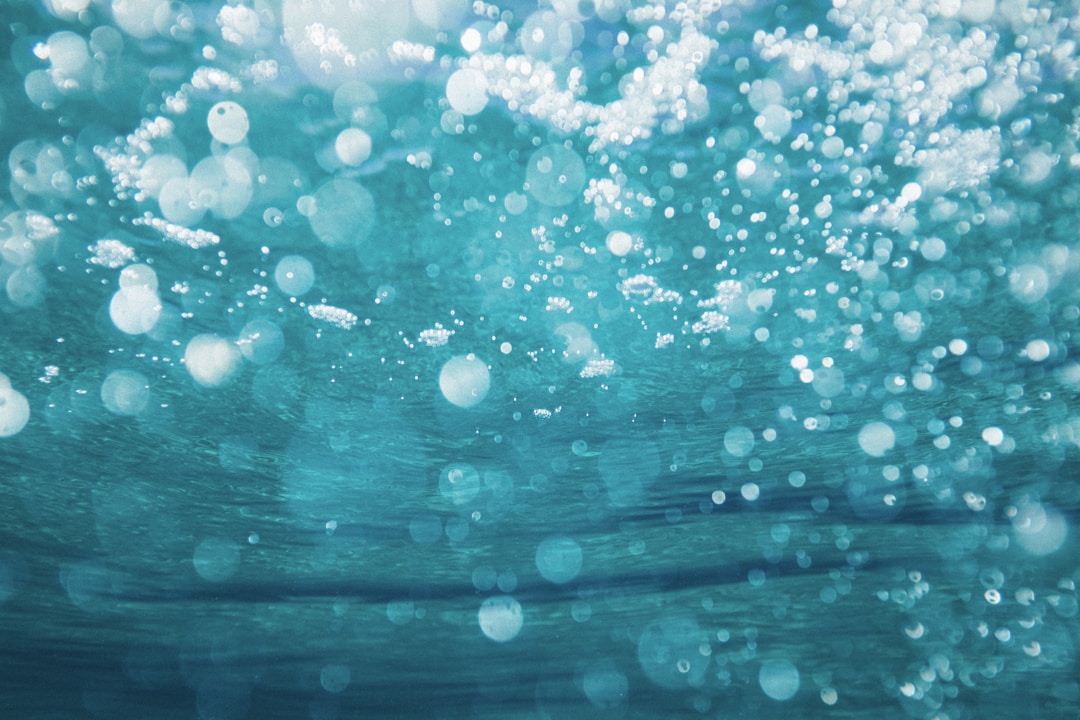Strategies for Maintaining Healthy and Safe Recreational Water Quality
In today’s environment, the quality of recreational waters has become a topic of primary importance. When maintaining this water quality, we must first learn to identify the common threats and the methods we could use to ensure safe access for all. In this article, we’ll deliberate on these effective strategies and the value of implementing safety policies and regulations for recreational waters. Keep reading to learn more!
Understanding Recreational Water Quality

First, you should know that there are Recreation Water Treatment services, which ensure the water remains safe for use. Whether you own a swimming pool, spa, or any other recreational water facility, having clean and sanitary water is essential for the well-being of those who use it. A reliable water treatment service can help you achieve and maintain this goal. Recreational water environments, such as pools and spas, can be breeding grounds for bacteria, viruses, algae, and other impurities. A professional water treatment service will have the expertise to treat the water, ensuring that these harmful pathogens are eliminated.
Recreational water quality provides more than a stimulating experience; it can have a profound influence on human health. Swimming in contaminated water can lead to several illnesses, including skin, ear, respiratory, eye, and wound infections. Moreover, it indirectly affects our ecosystem, including the flora and fauna that rely on these water bodies. Maintaining the quality of these waters is thus vital not only for human health but also for preserving the aquatic habitat and biodiversity.
Identifying Common Threats to Recreational Water Quality

Several factors pose threats to recreational water quality. These include microbial agents, chemical pollutants, harmful algal blooms (HABs), and climate changes. The introduction of fecal contaminants by humans and animals can lead to the spread of pathogenic microorganisms in the water, causing diseases. Chemical pollutants from residential, industrial, and agricultural sources can disrupt the aquatic ecology and pose health problems for aquatic animals and humans.
Meanwhile, HABs produced by certain species of algae can release toxins detrimental to both human and animal health. Climate change can also negatively affect recreational water quality by promoting conditions favorable for HABs and altering the biological and physical aspects of these waters. Early detection and intervention of these common threats can safeguard our recreational waters.
Elements for Maintaining Healthy Recreational Water
Key elements to upholding healthy recreational water include regular monitoring, prompt treatment, and effective management. Frequent water sampling and testing can provide timely information about the levels of chemical and microbiological contaminants. Treatment procedures, such as using sanitizing products, can eliminate harmful microorganisms and toxins. A sturdy management framework, including sanitation and hygiene measures, can prevent the input of potential contaminants.
Beyond that, public education on good hygiene practices and proper use of recreational water can significantly contribute to the maintenance of recreational water quality. An integrative approach using all these elements is needed to maintain a high standard of recreational water quality.
Implementing Recreational Water Safety Policies and Regulations

Policies and regulations play a crucial role in assuring recreational water safety. They provide the legal framework within which monitoring, management, and treatment actions are carried out. These regulations set guidelines for maintaining water quality and enforce penalties for non-compliant behaviors. This ensures that all stakeholders, including local authorities, business owners, and visitors, play their part in protecting the quality of recreational water.
Implementing safety policies and regulations sends a positive message to the public, ensuring that they can feel safe while enjoying the water. It also helps to maintain the reputation of recreational water areas as safe and enjoyable spots for recreation. The presence and enforcement of well-crafted policies and regulations ensure a safe recreational water experience for everyone.
As this article demonstrates, the quality of recreational water is of utmost importance due to its impact on public health, local economies, and environmental sustainability. By understanding the common threats, ensuring regular monitoring, and implementing strict safety policies and regulations, we can protect the quality of these waters and secure their future use. Follow our advice to take the best possible care of your water.
